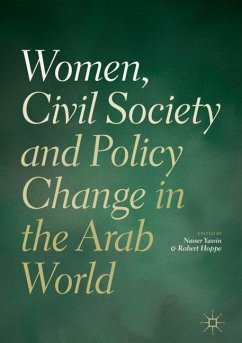
Police Abuse in Contemporary Democracies
Versandkostenfrei!
Versandfertig in 6-10 Tagen
61,99 €
inkl. MwSt.

PAYBACK Punkte
31 °P sammeln!
This volume offers a much-needed analysis of police abuse and its implications for our understanding of democracy. Sometimes referred to as police violence or police repression, police abuse occurs in all democracies. It is not an exception or a stage of democratization. It is, this volume argues, a structural and conceptual dimension of extant democracies. The book draws our attention to how including the study of policing into our analyses strengthens our understanding of democracy, including the persistence of hybrid democracy and the decline of democracy. To this end, the book examines thr...
This volume offers a much-needed analysis of police abuse and its implications for our understanding of democracy. Sometimes referred to as police violence or police repression, police abuse occurs in all democracies. It is not an exception or a stage of democratization. It is, this volume argues, a structural and conceptual dimension of extant democracies. The book draws our attention to how including the study of policing into our analyses strengthens our understanding of democracy, including the persistence of hybrid democracy and the decline of democracy. To this end, the book examines three key dimensions of democracy: citizenship, accountability, and socioeconomic (in)equality. Drawing from political theory, comparative politics, and political economy, the book explores cases from France, the US, India, Argentina, Chile, South Africa, Brazil, and Canada, and reveals how integrating police abuse can contribute to a more robust study of democracy and government in general.














